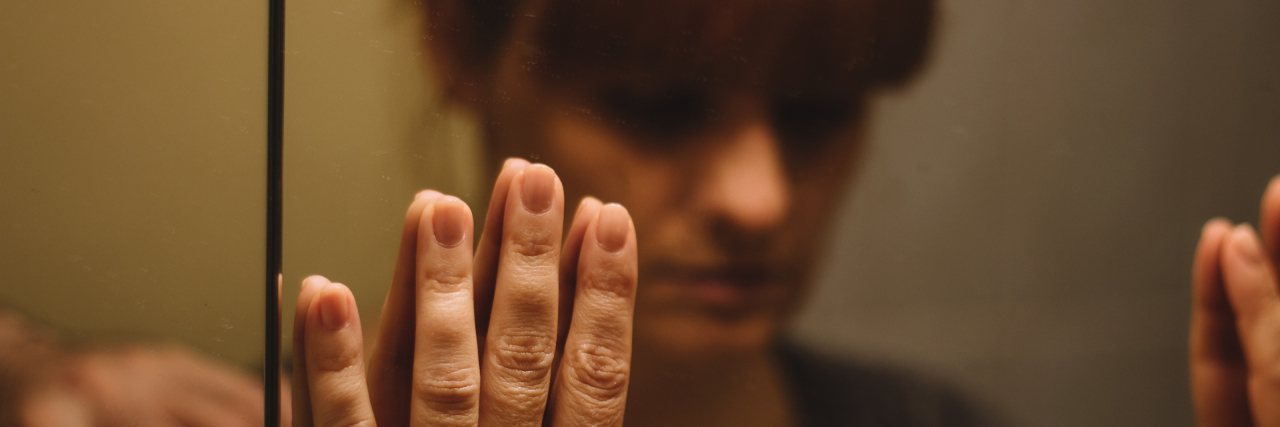Dating creates anxiety-provoking moments for many of us. It doesn’t matter who you are or what challenges in life you face — there’s just something about putting yourself out there that feels more than a little terrifying. And, because we all know the first impression matters the most, we often stress over our physical appearance.
As a woman born with Poland syndrome, though, there’s one part of my body that I worry about the most: my chest.
In a culture where “sex sells,” a woman’s breasts seem to matter just as much as her smile. In fact, countless studies have tried to determine exactly why heterosexual men can’t keep their eyes off of women’s chests. While the jury is still out on why boobs are so fascinating, the fashion industry takes full advantage of this by selling clothing that helps women “flaunt what they got.”
For someone like me, though, drawing attention to my breasts only accentuates the fact that one side of my chest is, for lack of a better term, deformed.
Because of this, I go to extreme efforts to make my chest look acceptable to the general public. I agonize over bras. I specifically shop for clothing that either makes the difference between my breasts minimal or conceals it entirely. In fact, I often wear loose-fitting t-shirts or bulky sweatshirts because those are the only tops that make me feel less self-conscious.
But that doesn’t work once you start dating someone, now does it?
Sure, I can take tons of selfies that avoid showing my chest or even add extra padding to the right side of my bra. I can find other ways to cover up my under-developed side or try to stand in ways that make it less obvious. But at the end of the day it doesn’t matter what I wear or how hard I try to avoid it, because eventually the person I am dating will notice the extreme difference in the right side of my chest — and they will ask about it.
With each of my exes, I tried to be honest and explain Poland syndrome to them without boring them to death. Some of them asked in-depth questions. Others broke up with me shortly after. One just turned it into a punchline every time we got physically intimate. I never knew which type of response I’d get until I told them, and it’s impossible to avoid the question or deny the issue when it’s literally staring them right in the face.
No matter how they initially responded, though, I couldn’t help but feel like they each looked at me a little differently than they did before they knew my “secret.”
Now that I find myself single again, I can’t help but worry about how much my Poland syndrome will impact my chances of finding love once more. Will the differences between each of my breasts be obvious in my dating profile pictures? Will potential partners just blow me off the minute I show up for a date with a slanted chest? How will I respond when the question inevitably comes up at the most inopportune time?
Honestly, there are days when the thought of going through the whole discussion with someone new feels too overwhelming to even consider dating again. I hate explaining a rare and relatively unknown condition to someone, and I can’t stand the way they always look at me as they survey the disparaging difference between each of my breasts. Every time I show them the differences in my hands, my arms, and my chest, I feel myself grow less and less attractive in their eyes… and I’m so sick of it.
But, at the same time, there’s a part of me that hopes that maybe, just maybe, this time will be different. Maybe if I put myself out there just one more time, I’ll finally find a partner who is willing to accept my flaws. Perhaps someone will still think I’m beautiful even when they discover that one side of my body is different from the other. Maybe, just maybe, I’ll finally find someone who cares about connection more than physical appearance.
I know dating makes just about everyone anxious, and I even know there are lots of people who deal with similar fears as mine. But sometimes I just wish looking for love wasn’t so damn complicated, especially for people like me — people with Poland syndrome.

